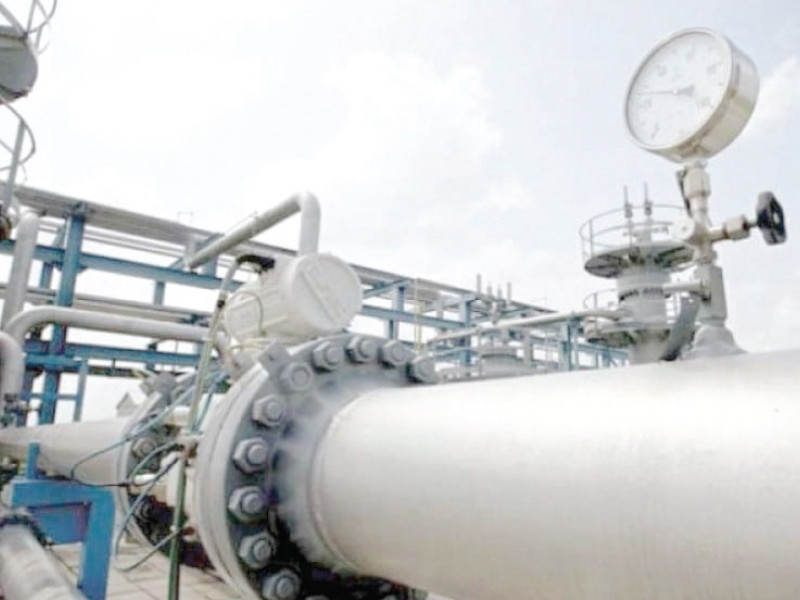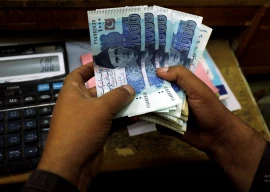
Pakistan Textile Council has urged the government to look into its captive power policy in more detail as the planned discontinuation of gas (indigenous and liquefied natural gas – LNG) supply will be catastrophic for exports, especially textile shipments.
"The uninformed way in which this move has been designed and is now threatened to be executed is nothing other than an attempt to cause a sudden fall in LSM (large-scale manufacturing) and medium-scale industrial production," cautioned Pakistan Textile Council Chairman Fawad Anwar.
In a statement, he said that almost all captive power plants (CPPs) either did not have an electricity connection or were at best partially supplied. "A forced conversion of such gas-powered manufacturers to grid will take billions of rupees and years to energise."
He asked decision-makers to talk to K-Electric, power distribution companies and exporters simultaneously to know the facts, before they embarked on "this industrial suicide".
He warned that there were more than 1,300 large-scale manufacturers and exporters, who would shut down their business if gas supply was disconnected.
The snowball effect on exports, employment and default risk has not been taken into account. Even those who are partially supplied will not be able to continue their processes.
Ironically, the disconnection of gas supply to bulk consumers, exporters and manufacturers flies in the face of the fact that the government is turning away Qatari LNG cargoes, implying a local gas glut.
Fawad Anwar emphasised that the danger faced by big manufacturers, exporters and other manufacturers from the disconnection of gas supply to the CPPs had been poorly understood.
Right now, he pointed out, all the gas supplied to domestic consumers and fertiliser plants was being subsidised by the industry.




1730854420-0/plaqueboymax-(1)1730854420-0-165x106.webp)













COMMENTS
Comments are moderated and generally will be posted if they are on-topic and not abusive.
For more information, please see our Comments FAQ